Children’s Hospital Doctors Note: Children’s hospitals play a crucial role in providing specialized medical care to young patients. A vital aspect of their practice is documenting the medical journey and providing accurate records for the child’s treatment. In this regard, children’s hospital doctor’s notes serve as indispensable tools for communication, continuity of care, and legal documentation. This article explores the significance of children’s hospital doctor’s notes, highlighting their role in facilitating effective healthcare delivery and promoting the well-being of pediatric patients.
Printable Children’s Hospital Doctors Note
Children’s hospital doctor’s notes play a pivotal role in facilitating effective communication among healthcare providers involved in a child’s care. These notes serve as a means of exchanging critical information, ensuring that all professionals are aware of the child’s medical history, ongoing treatment plans, and progress. By documenting relevant details, such as test results, medication changes, and referrals, doctor’s notes enable a collaborative approach to care. This interdisciplinary communication is particularly crucial in children’s hospitals, where multiple specialists may be involved in managing complex conditions.
Blank Children’s Hospital Doctors Note in PDF & Word
Furthermore, doctor’s notes serve as a valuable means of communication between healthcare providers and the child’s parents or guardians. These notes explain the diagnosis, treatment options, and prognosis in a language accessible to the child’s family, fostering trust and enhancing shared decision-making. Parents can also contribute valuable information to the doctor’s notes, such as the child’s symptoms, response to treatment, and concerns, ensuring that the medical team has a comprehensive understanding of the child’s condition.
Continuity of care is essential in managing pediatric patients, especially those with chronic illnesses or complex medical needs. Children’s hospital doctor’s notes serve as a vital tool for maintaining continuity across different healthcare encounters. When a child transitions between various healthcare settings, such as outpatient clinics, emergency departments, or specialized units, doctor’s notes provide a concise summary of the child’s medical history, including previous diagnoses, treatments, and any known allergies or adverse reactions.
These comprehensive records enable healthcare providers to make informed decisions regarding the child’s care, avoiding redundant tests or treatments and minimizing the risk of medical errors. Doctor’s notes also assist in tracking a child’s progress over time, monitoring treatment effectiveness, and identifying any emerging patterns or changes in symptoms.
Children’s hospital doctor’s notes hold legal significance as well. In cases of medical malpractice, these notes serve as essential evidence, documenting the healthcare professional’s actions, observations, and decisions. Accurate and detailed doctor’s notes are crucial for defending medical providers in legal proceedings, ensuring transparency, and safeguarding the best interests of both the child and the healthcare system.
Moreover, doctor’s notes are essential for insurance purposes, providing the necessary documentation for claims, reimbursement, and disability support. These notes serve as proof of medical necessity, justifying the need for specific treatments, interventions, or accommodations that may be required for a child’s health and well-being.





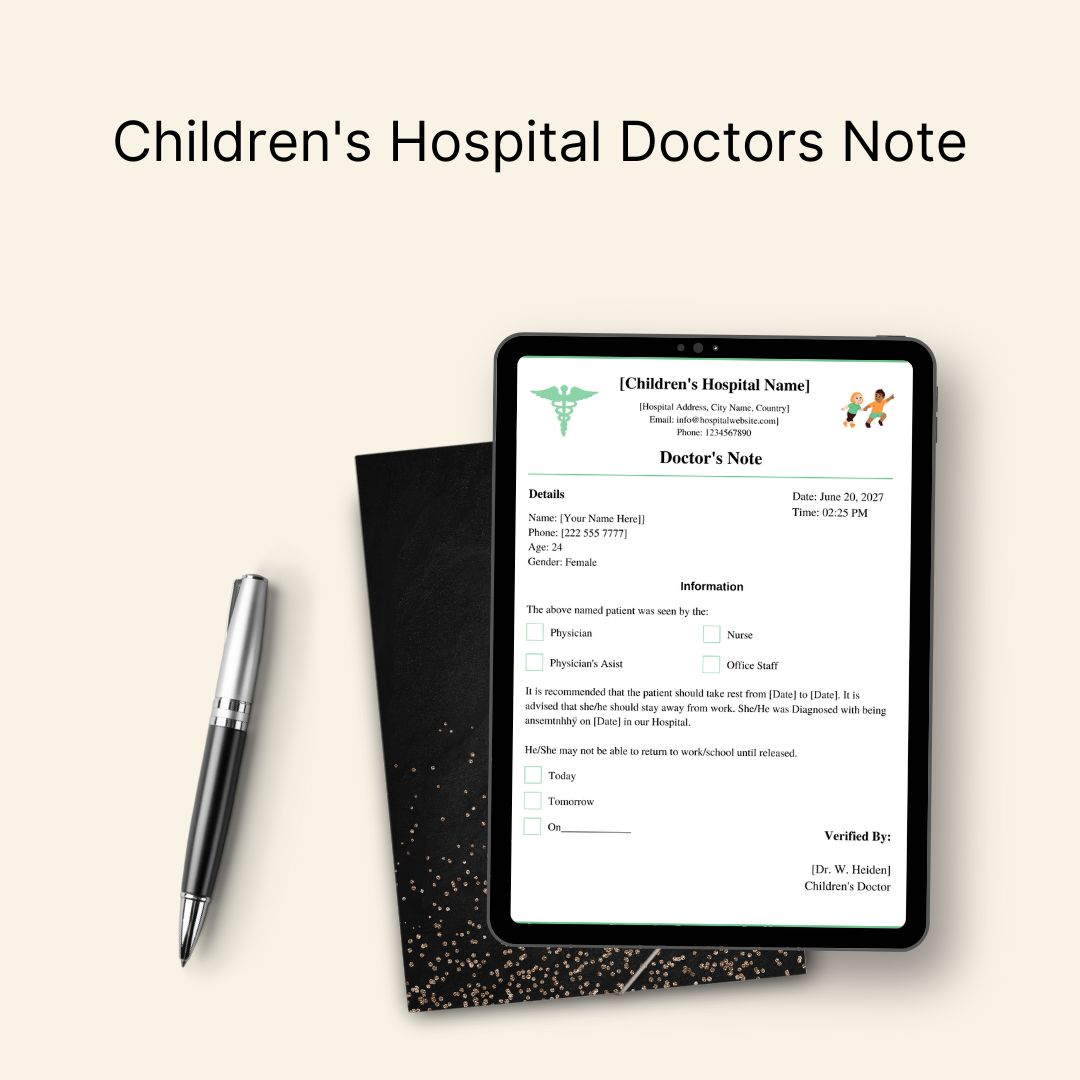

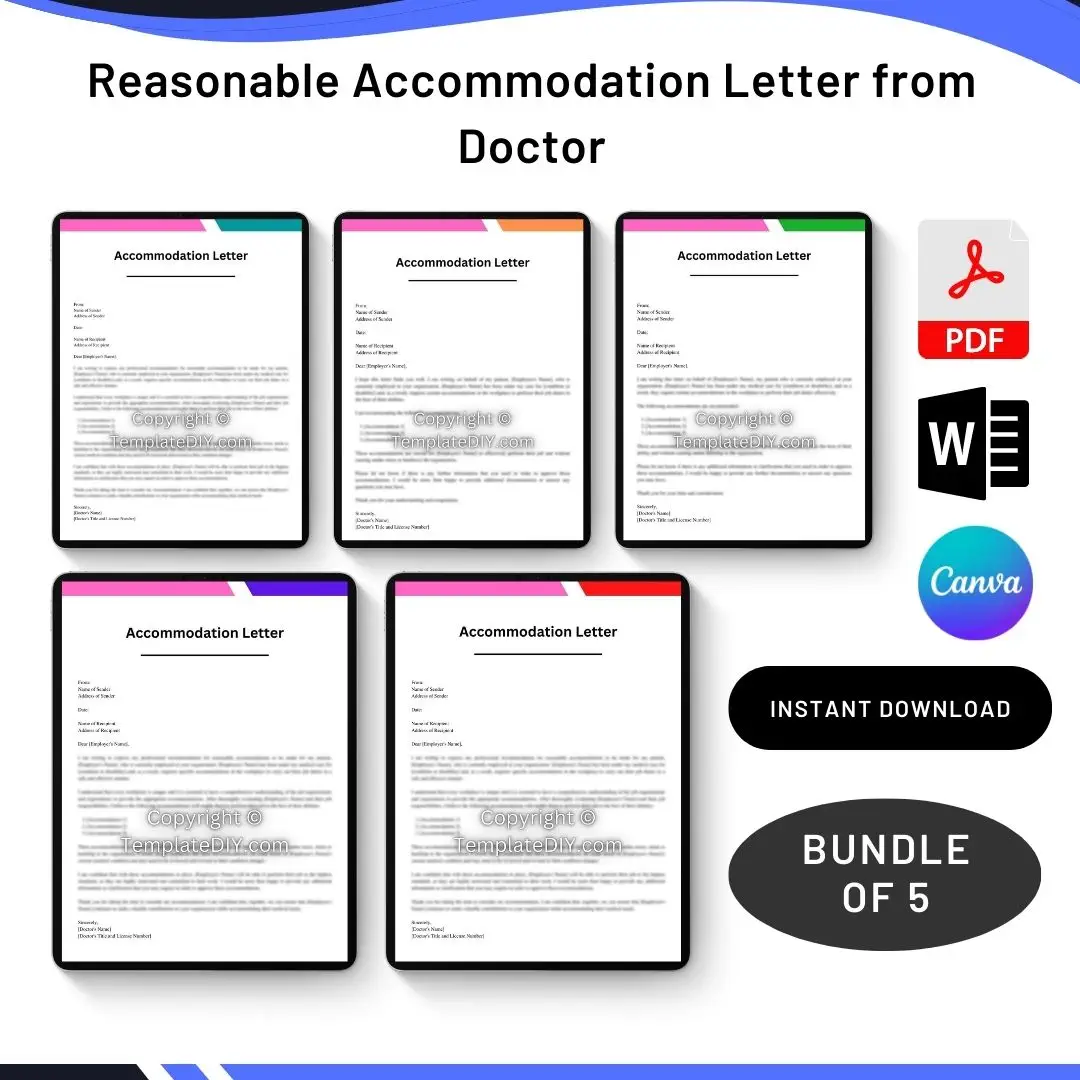
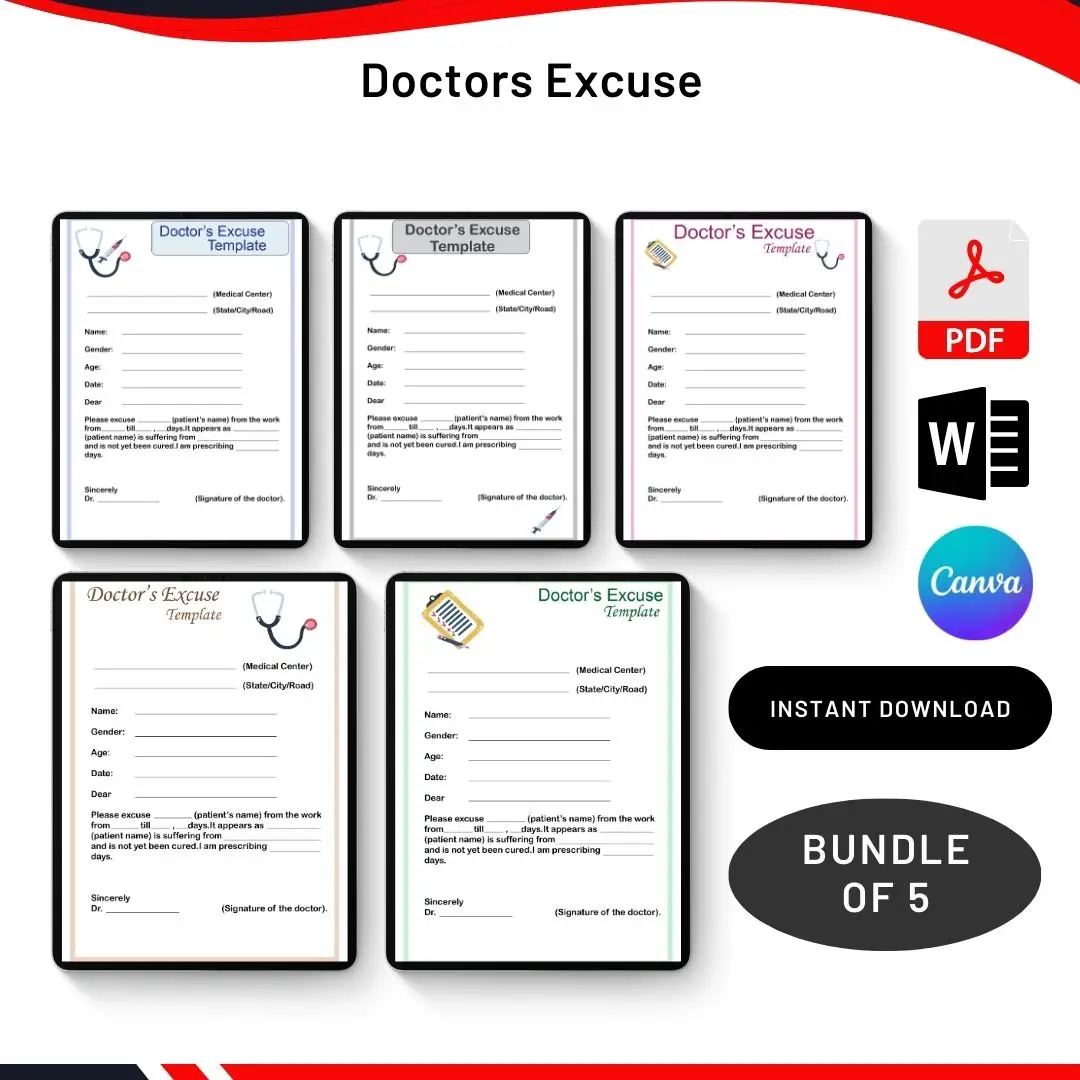
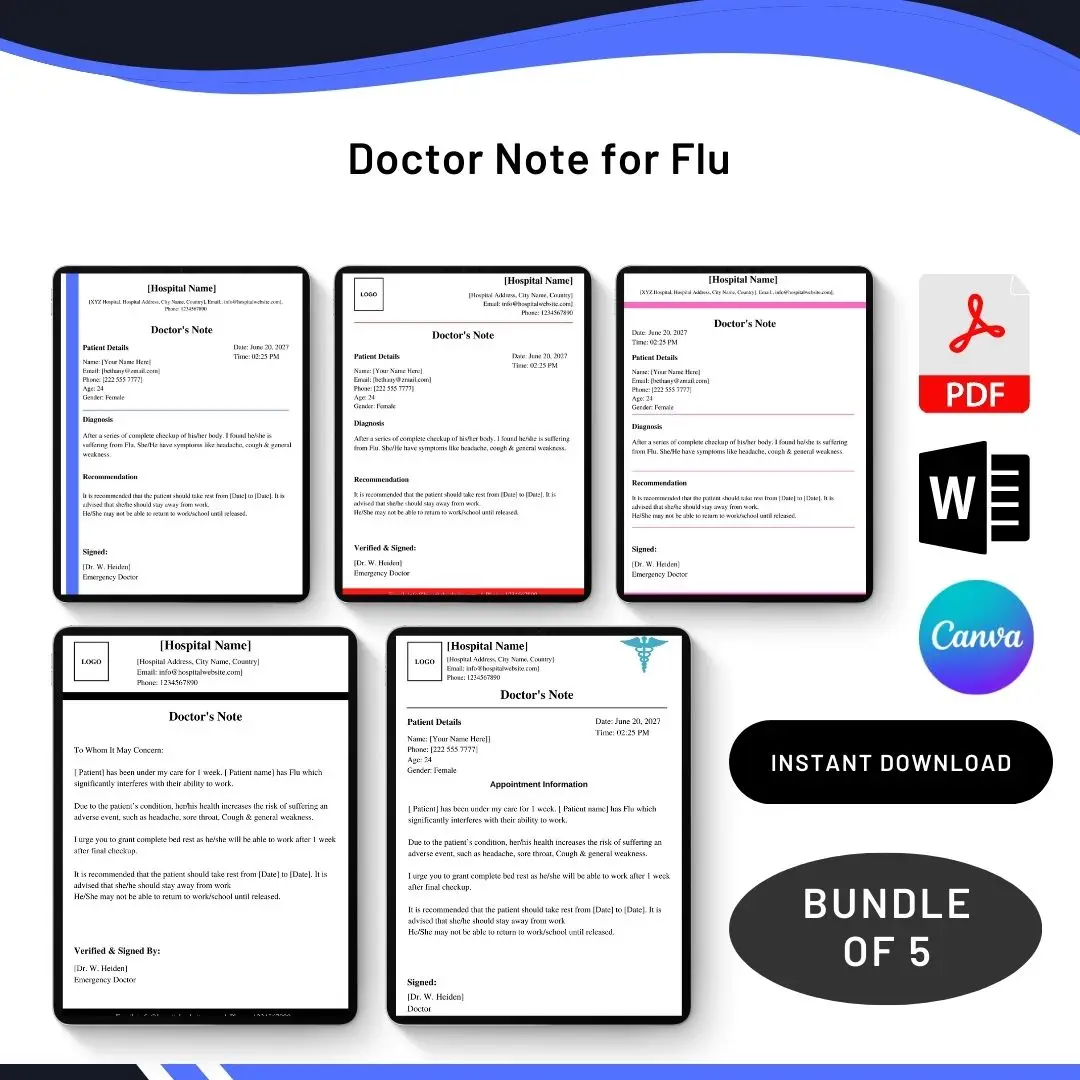
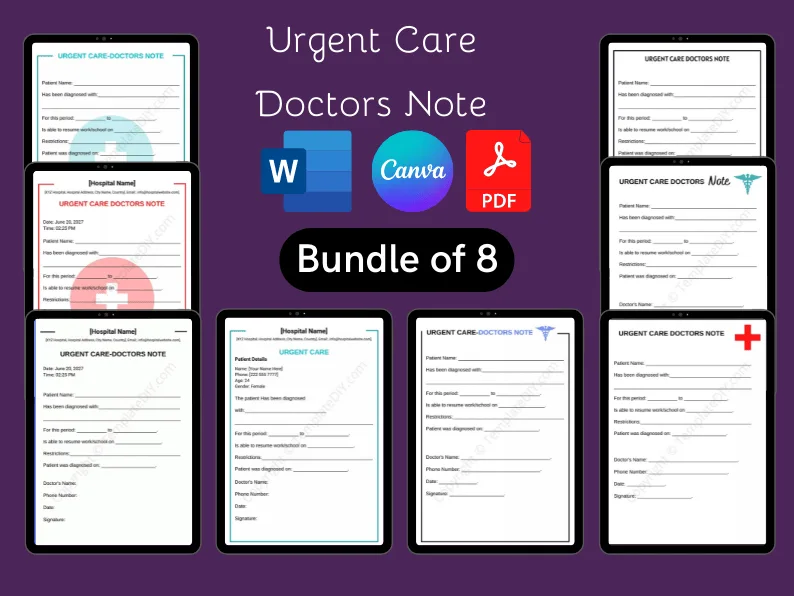
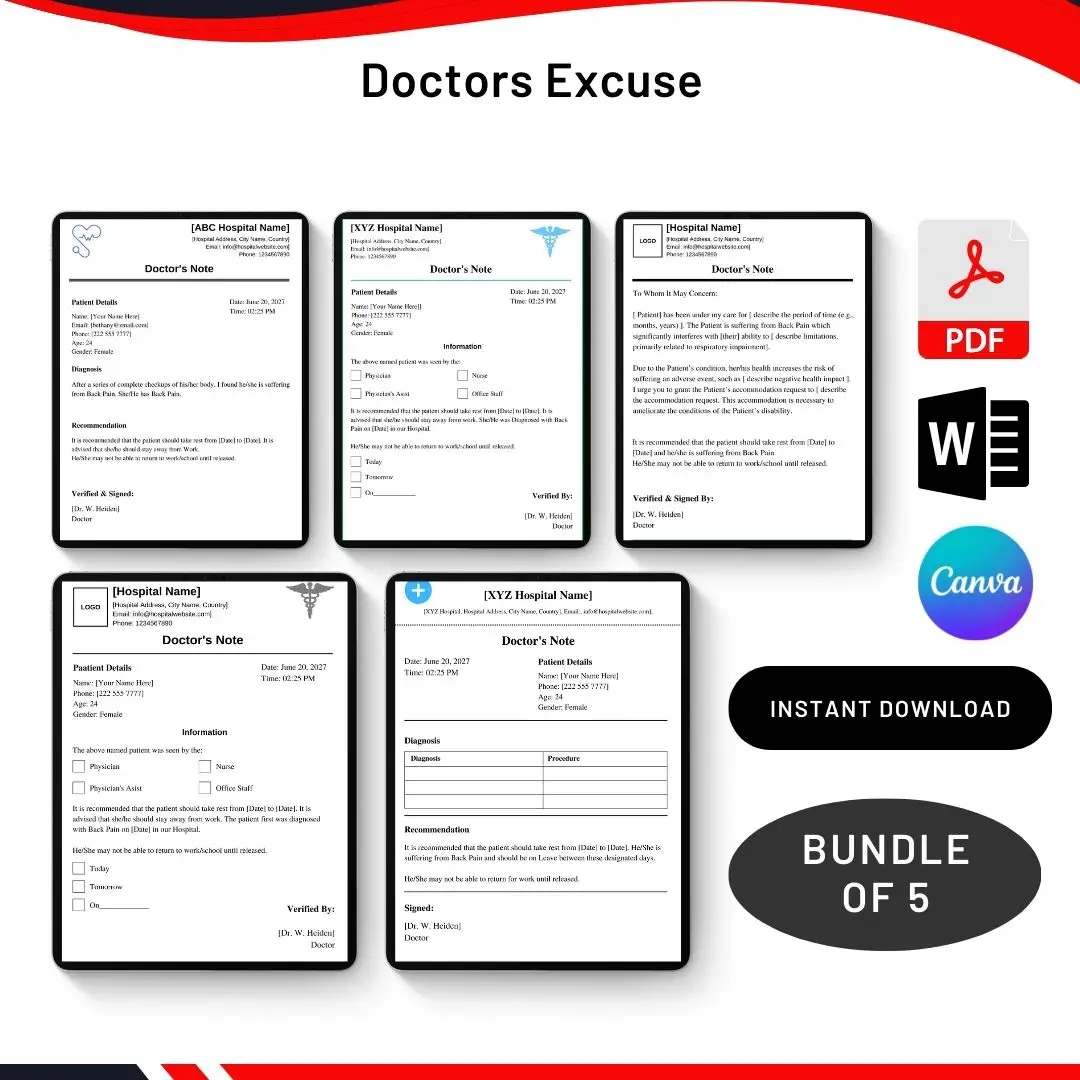
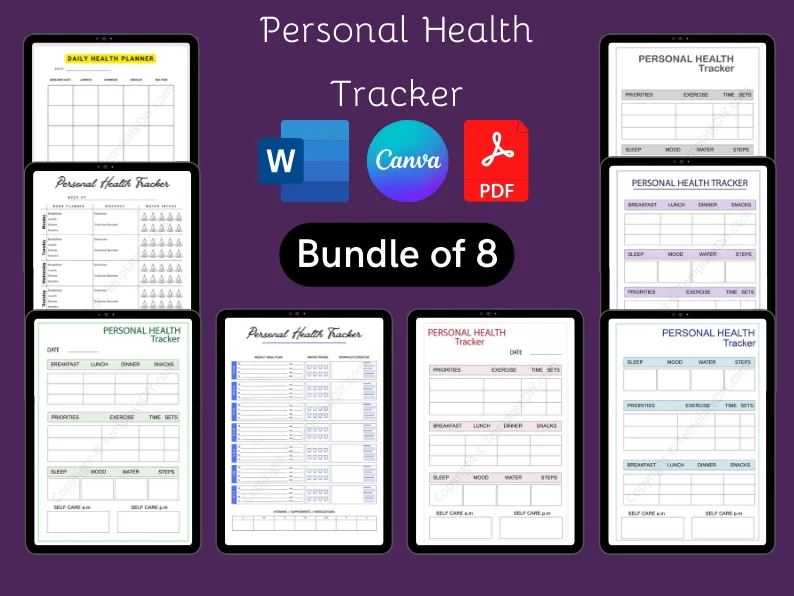
Reviews
There are no reviews yet.